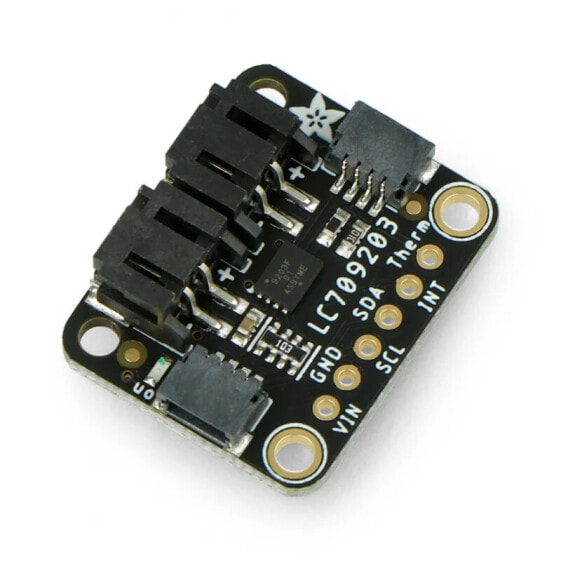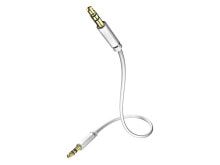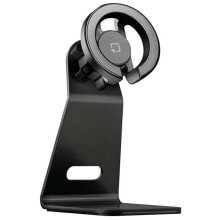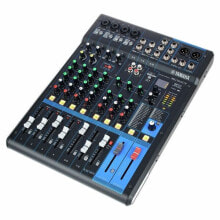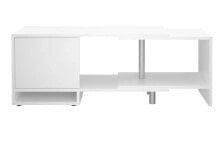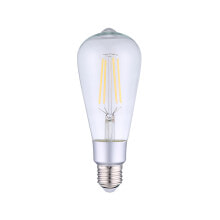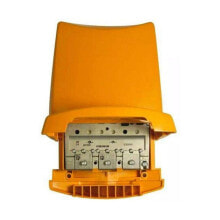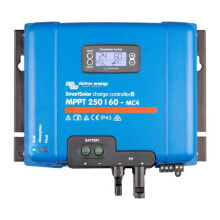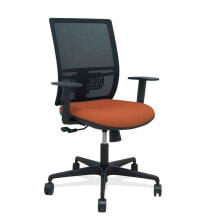LC709203F - LiPoly / LiIon Fuel Gauge and Battery Monitor - STEMMA QT / Qwiic - Adafruit 4712
- Артикул:
- 47898024
Характеристики
- Напряжение от
- 5.0 V
- Напряжение до
- 3.0 V
Порты и интерфейсы
- Подключение
- I2C
Прочие свойства
- Бренд
- Adafruit
Описание
Battery level indicatorfrom Adafruit. It allows to measure the voltage ofLi-PolandLi-Ionbatteries. Displays thevoltagevalue andpercentage chargeof the cell. The module communicates through theI2Cinterface and is poweredfrom 3 V to 5 V. It is compatible with Arduino and Raspberry Pi (I2C port must be configuredbefore connecting from Raspberry Pi).
This product is compatible with Arduino and Raspberry Pi.The manufacturer provides auser guideandlibraryfor Arduino IDE.
A dedicated STEMMA QT /Qwiicconnector or standard 2.54 mmgoldpin pinscan be used. Additionally, there aretwo equivalent JST portson the board. One of them should be connected to thebatterywhose measurement is to be made, and the other one should be connected to themicrocontrollere.g. Arduino, Raspberry Pi.
Connection of the indicator with the Arduino Metro board.
- Power supply: 3 V to 5 V DC
- Communication interface: I2C
- I2C interface address: 0x08
- Battery types: Li-Pol / Li-Ion
- Sensor LC70923F
- Connection cable JST-PH 2-pin - 1 pc.
- Connectors goldpin raster 2,45 mm
Adafruit indicator kit.
- The manufacturer's website: Adafruit 4712
- User guide
- Technical Documentation LC709203F
- Schemes
- Library for Arduino
